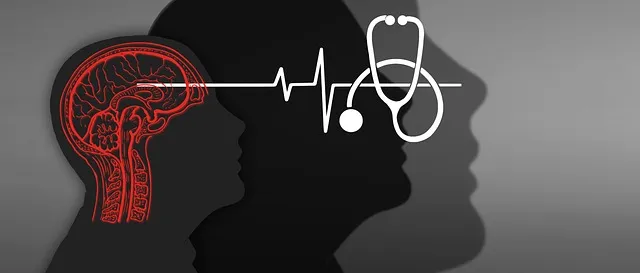The Kaiser Permanente mental health center in Lone Tree adopts a proactive approach to substance abuse prevention by educating individuals about risks, triggers, and coping mechanisms through programs like Self-Care Routine Development, Crisis Intervention Guidance, and emotional intelligence therapy. Their comprehensive strategy includes conflict resolution skills training, healthy stress management, and behavioral changes to reduce the likelihood of substance misuse while promoting better mental health outcomes. They offer evidence-based treatments, specialized counseling, medication management, and support groups, integrated with public awareness campaigns and wellness journaling exercises for holistic recovery and relapse prevention.
“At the Kaiser Permanente Mental Health Center Lone Tree, we recognize that substance abuse carries significant risks. This article delves into comprehensive strategies for risk reduction, drawing insights from our center’s expertise. We explore proactive measures aimed at preventing abuse and promoting recovery. From understanding the inherent dangers to implementing supportive systems, these tactics empower individuals to lead healthier lives. By focusing on both mental health and substance abuse prevention, Kaiser Permanente Lone Tree fosters a safer community.”
- Understanding Substance Abuse Risks at Kaiser Permanente Mental Health Center Lone Tree
- Proactive Measures for Risk Reduction: A Comprehensive Approach
- Supporting Recovery and Preventing Relapse
Understanding Substance Abuse Risks at Kaiser Permanente Mental Health Center Lone Tree

At Kaiser Permanente Mental Health Center Lone Tree, understanding substance abuse risks is a cornerstone of their comprehensive care approach. The center recognizes that recognizing and addressing these risks early on is vital for preventing substance abuse and promoting better mental health outcomes. Through various programs and services, they educate individuals about the potential triggers and warning signs, empowering them to make informed decisions regarding their well-being.
One key strategy involves encouraging the Self-Care Routine Development for Better Mental Health. This includes teaching clients effective coping mechanisms, stress management techniques, and healthy habits that can help mitigate risks. Additionally, the center provides Crisis Intervention Guidance, offering immediate support during crises to prevent substance abuse relapses or initial episodes. Emotional intelligence is also cultivated through therapy sessions, where individuals learn to recognize and manage their emotions, a crucial aspect of maintaining mental balance and avoiding substance-related issues.
Proactive Measures for Risk Reduction: A Comprehensive Approach

At the Kaiser Permanente mental health center Lone Tree, proactive measures for risk reduction are embraced as a comprehensive approach to substance abuse prevention. This involves early intervention and education aimed at empowering individuals with knowledge about potential triggers and coping mechanisms. By focusing on self-esteem improvement and emotional regulation techniques, centers like Kaiser Permanente Lone Tree seek to build resilience against substance misuse before it becomes a problem.
The strategy includes teaching conflict resolution techniques as a means of addressing underlying issues that might contribute to substance abuse. By equipping individuals with tools for navigating challenging situations and managing stress healthily, these centers not only reduce the risk of substance abuse but also foster overall well-being. This proactive approach is integral to the holistic healing process, aiming to create lasting behavioral changes in an environment supportive of mental health.
Supporting Recovery and Preventing Relapse

Supporting recovery and preventing relapse are critical components of addressing substance abuse. Integrated approaches that combine medical care, counseling, and support groups offer comprehensive solutions. Kaiser Permanente mental health center in Lone Tree plays a vital role in this regard, providing specialized services tailored to individual needs. The center’s expertise lies in offering evidence-based treatments, including behavioral therapies, medication management, and group sessions that foster resilience building.
Beyond clinical interventions, public awareness campaigns and mental wellness journaling exercises can significantly contribute to prevention. These initiatives aim to educate communities about the risks and consequences of substance abuse while promoting healthy coping mechanisms. Resilience-building activities, such as regular exercise and mindfulness practices, are also effective in supporting individuals to maintain their mental health and avoid relapse.
The Kaiser Permanente Mental Health Center Lone Tree has pioneered effective risk reduction strategies for substance abuse, combining comprehensive understanding with proactive measures. By integrating these strategies, the center not only supports recovery but also minimizes the chances of relapse. Through a multi-faceted approach that addresses individual needs, this holistic initiative sets a benchmark for other healthcare providers, demonstrating a dedicated commitment to improving lives and fostering healthier communities.






